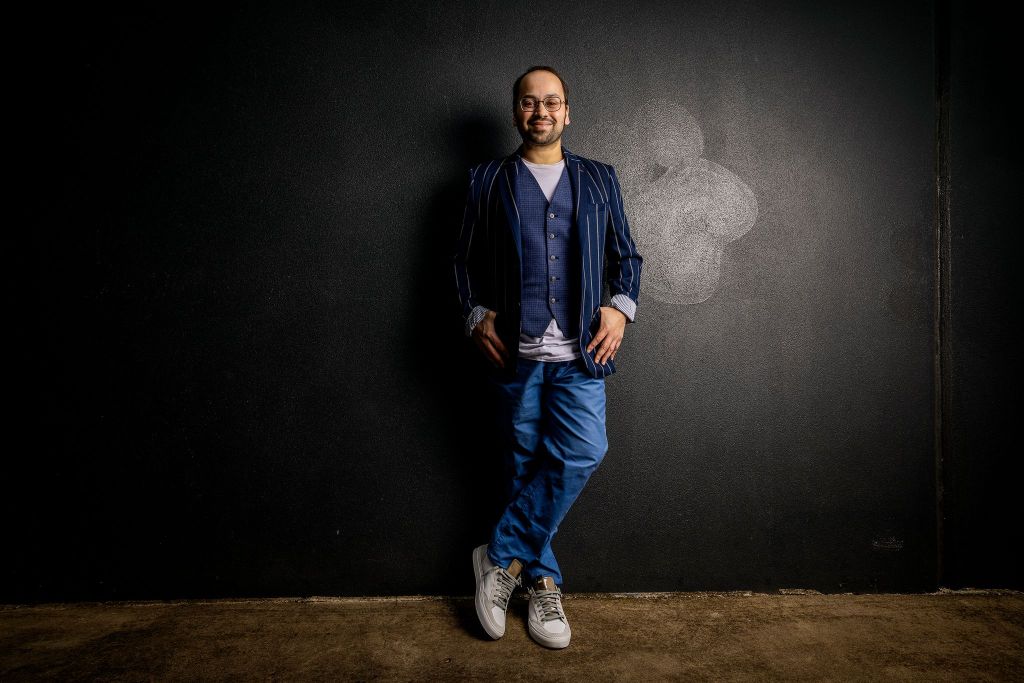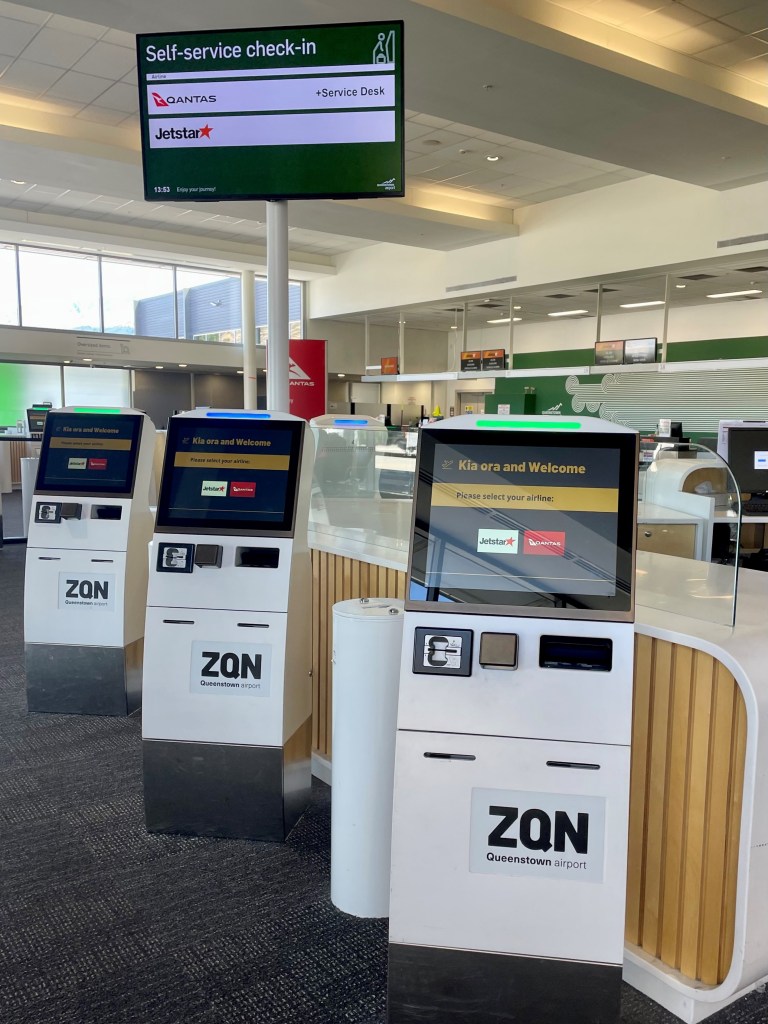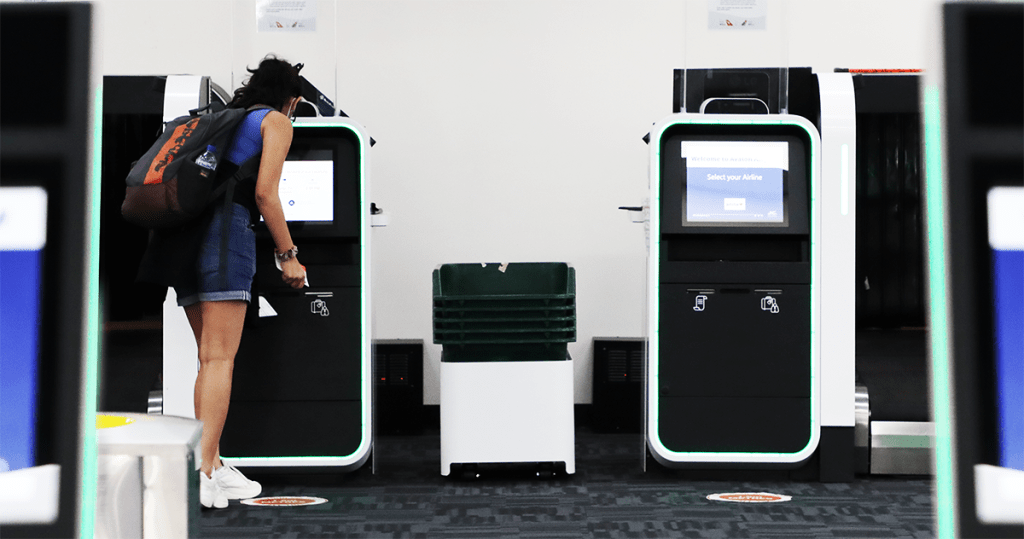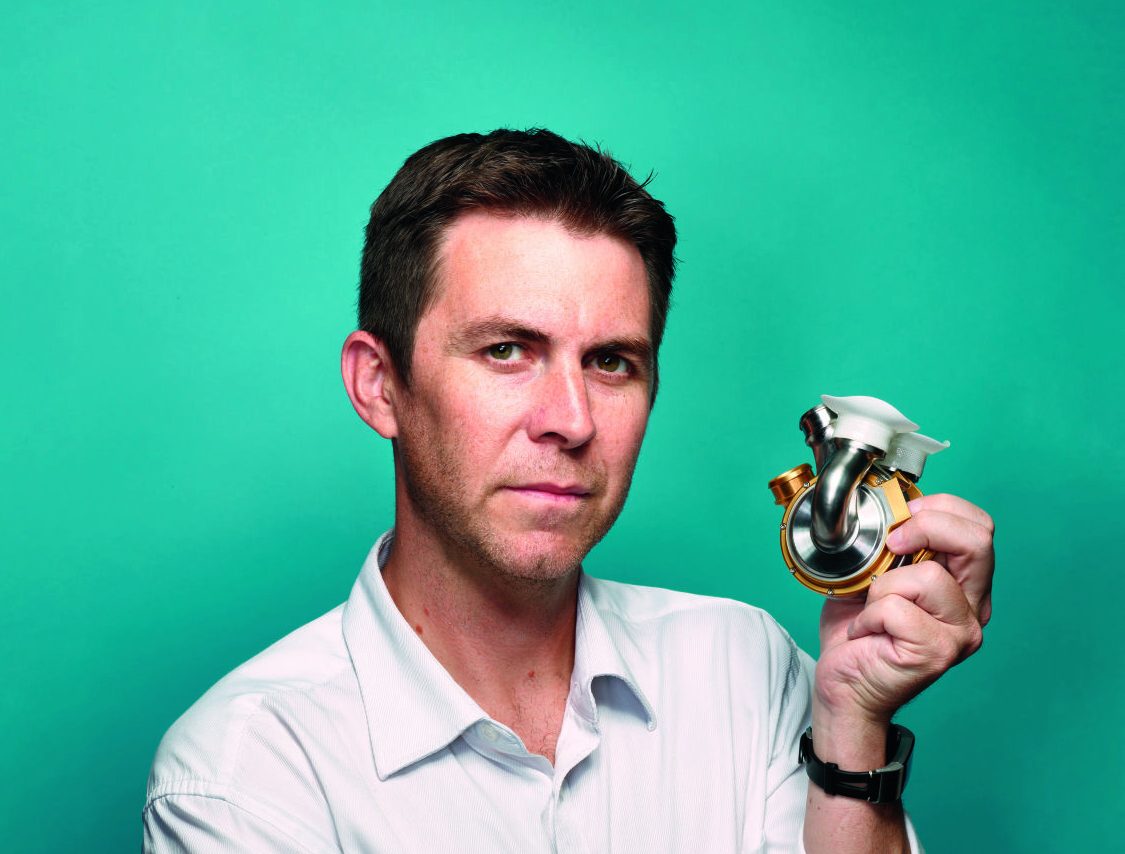Biometrics and AI are set to reimagine the experience of how we travel for business.

Biometrics and Artificial Intelligence are poised to change the face of business travel experiences by streamlining movements and contributing to a more frictionless journey.
Airlines have faced massive criticism when borders reopened after Covid lockdowns and tourists jumped at the opportunity to travel again. Lost baggage, delays, cancellations and general dismay ensued.
Businesses have realised that while face-to-face has some benefits, meetings can be held remotely through video conferencing, in itself an advance in technology.
But for those that are travelling, movement is changing with the use of biometrics and artificial intelligence, with companies re-imagining the airport experience, and putting customer ease and satisfaction front of mind.
Melbourne-based company Elenium Automation designs and manufactures self-service technologies, working with more than 25 airports globally to create an automated passenger experience.

Elenium CEO Aaron Hornlimann says his “ultimate vision” for the future of the travel industry is an entirely contactless journey through the airport, from the check-in kiosks to boarding, reducing time wasted in queues and the potential for human error.
“The reason we were founded was to disrupt the aviation passenger experience. We felt it was very agricultural, almost like herding cattle through a station,” he says in an interview with Forbes Australia.
Introducing biometrics to airports will replace the need for boarding passes and passports with facial recognition technology, which allows customers to “glide” through the airport in an entirely automated experience.
“We weren’t the first to market with some of these technologies,” Hornlimann admits, adding that “some of the airports in Australia have had automated bag drop for more than 10 years, but it was still a very slow and clunky process that often didn’t work. We’ve eliminated all that complication.”
Elenium’s bag drop technology takes as little as 15 seconds to use and has success rates of above 95%, Hornlimann says.

While biometric technologies like the ones Elenium manufactures are now positioned to become increasingly prevalent, there was initial concern from airports about passengers lacking human interaction.
“I think because technology has become part of our everyday lives, for the large part driven by the mobile phone, there’s greater acceptance,” Hornlimann explains, “and what we’re finding in the customer feedback is they actually prefer going through an automated system if it works well, because they have more control over their whole experience.”
An automated system does present clear benefits, which could potentially entice the return of uneasy corporate travel customers. Time isn’t wasted standing in queues, and customers needn’t worry about communication barriers, as they can set their own language preference.
Replacing positions previously held by humans with automations could reduce the significant staffing issues seen in the aviation sector over the past year, allowing airports who use the technologies to prioritise the human resources they have to areas where they are needed.
Aside from the obvious changes the travel industry has faced as a result of the Covid pandemic, there is also significant systematic change taking place as improving technology is seeing smaller airports having an increased capacity for larger and longer commercial flights. For Elenium, this means increasing demand from a wider catchment of airports looking to improve their passenger experience. For business travellers, this means increasing accessibility to high-quality airports.
Given the demand for modernised airports, it is not surprising that Elenium isn’t the only company attempting to create an easier, seamless travel experience. Amadeus IT works with biometric technology developed in Sydney to speed up the boarding experience and eliminate time spent in queues.
In an interview with Forbes Australia during the 2022 Illuminate corporate travel showcase in Sydney, Amadeus IT’s managing director of the Pacific region, Kaylene Shuttlewood, explained their technology “includes bag drop, right through security and then right through the boarding gate as well. You don’t need to try and find your passport or your boarding pass, it’s all done by the biometric scan of your facial ID”.
Amadeus IT has been developing this technology for some time, however, production was expedited by Covid, when contact-free customer experiences became increasingly important.
“The demand is certainly there. We’ve seen the last couple of years that the whole airport passenger experience needs to be seamless… they don’t want passengers to dwell or stand in a queue.
“And of course, it requires less people on the front line to manually check documentation and to provide boarding passes,” Shuttlewood says.
Despite the difficult year faced by airlines in 2022, and concerns over a sluggish return to business travel, Hornlimann doesn’t think we should be worried.
He argues that “we still find better success when we go and meet other humans … and actually, it’s starting to create a bit of a competitive advantage”.
“The impacts of video conferencing will be lasting, and the aviation industry will have to work out how they compete against that.”
Additional reporting by Elise Shaw


